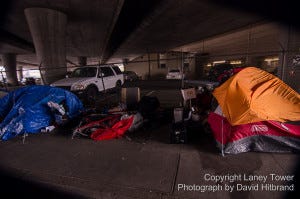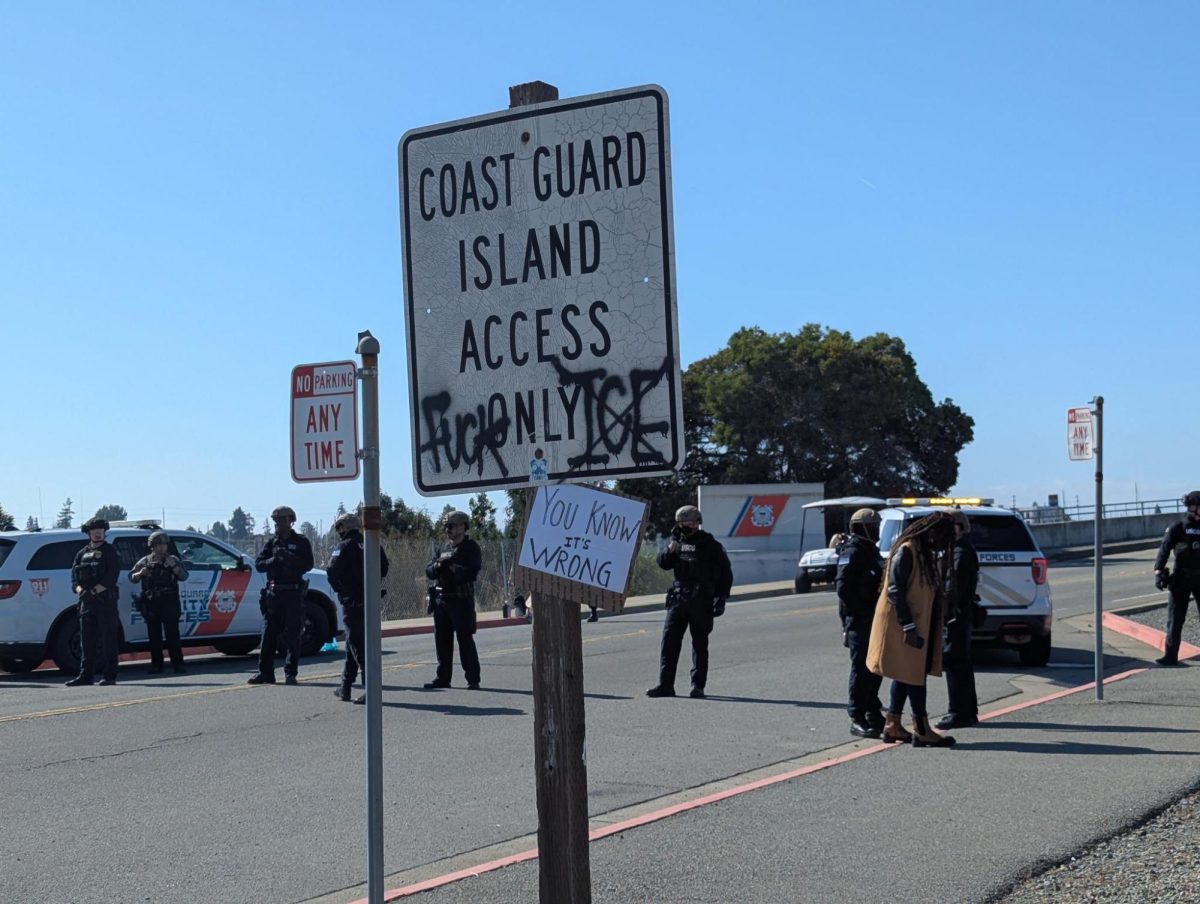Bay Area’s BOSS battles widespread displacement
 Building Opportunities for Self-Sufficiency (BOSS) was founded in 1971 in Berkeley to help deal with the people forced into the streets by the closing mental health care facilities.
Building Opportunities for Self-Sufficiency (BOSS) was founded in 1971 in Berkeley to help deal with the people forced into the streets by the closing mental health care facilities. As the homeless population has soared over the years, the services it provides have also increased. BOSS now provides emergency shelters, transitional housing, education and employment programs, child and family development services, both mental and physical health programs, leadership programs, organizing initiatives, and re-entry services for those released from incarceration as well as other services.
BOSS has 16 sites around the Bay Area. They offer simple services like providing a place for the homeless to do their laundry all the way up to what are called “wrap around services,” where people have as many needs as possible managed and taken care of.
“Our primary model is really around four specific components with social justice being the core of who we are and what we do,” said BOSS Executive Director Donald Frazier. “So we concentrate on housing, health and income.”
Boss takes a comprehensive approach. They want to give people the best chance to succeed in changing their lives for the better and becoming self- sufficient. Frazier explains, “We don’t just place someone and then they’re on their own. We stay with them over time until they’re stabilized in their employment, ideally stabilized in their housing, stabilized in their life and then help them create a support system, so that they’ll be successful over time.”
Frazier points out that the homeless are often disenfranchised. Whether they have lost the right to vote because of criminal convictions — or just not able to do so — the homeless are not in a position to have their voices heard on social issues.
They are the ones most affected by social policies but are the least able to effect change in these policies. BOSS offers programs that train the homeless and formerly homeless to work on social justice organizing, including projects on housing, transportation, and civil rights.
It would be much cheaper for taxpayers to invest in infrastructure for people in need than to continue to invest in institutions to contain them. BOSS not only deals with the consequences of homelessness and poverty but tries to get to the “root causes” of the problems.
Frazier goes on to explain that programs like those offered by BOSS cost only a fraction of the cost of housing prisoners or paying for medical treatment for manageable conditions that have been allowed to reach critical points because they were not attended to earlier. These savings should then be reinvested in the community.
BOSS is a nonprofit organization, which receives funding from Federal, county, state, and city sources, but it still needs private donations to keep providing services.
For details on how to support BOSS, visit www.self-sufficiency.org.
























